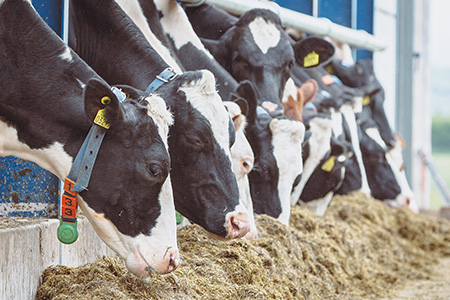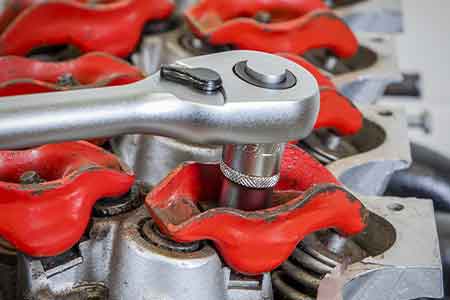FAME in Gas Oil - what this means to Gas Oil users
What this means to Gas Oil users
The UK and Ireland Fuel Distributors Association (UKIFDA) has reiterated guidelines and information regarding the management and storage of gasoil, following changes to the Renewable Transport Fuel Obligation (RTFO). New tougher biofuel targets came into effect in April 2019 – with the legally required percentage of fuels derived from renewable sources increasing to 7.25%. From January 2020 this will rise to 8.5%. As a result of this, FAME – Fatty Acid Methyl Esters, a biodiesel additive to gasoil – has been introduced into UK gasoil supplies, which could potentially cause issues for agricultural equipment including tractors, other farming machinery, forklift trucks and construction equipment.
FAME is mostly made from recycled cooking oils and plant-based materials, forming a powerful, hydroscopic solvent which may not be compatible with certain materials. Most modern mobile machinery engines are however compatible with fuel containing the levels of FAME set out in the regulations, but it is still important that business owners and farmers who use older machinery are aware of the following risks:
• Contact with fuels containing FAME can degrade many common rubbers, plastics and surface coatings
• Residual deposits can cause clogged filters
• Due to the Hygroscopic (moisture absorbing) nature of the product, untreated installations could lead to microbial growth in the form of mould, bacteria and algae growth
• Fuel may degrade over time causing damage to expensive machinery
• Higher fuel consumption rate caused by a less powerful fuel
• Cold flow waxing and precipitation problems
Tony Brown, UKIFDA (UK and Ireland Fuel Distributors Association) Technical Manager, has issued the following advice:
• Give the tank a specialist clean before taking delivery of any biofuel, or check on the tank immediately after – ensuring you keep the fuel clean and dry.
• Carry out regular tank checks and take remedial action if you notice any water, dirt, mould or growth.
• Examine filters, pipework and seals on a regular basis and replace filters after every 2 or 3 deliveries.
• Limit storage time of FAME blended fuels, and top up the tank to reduce air that can draw moisture.
• Seek professional help if you find sediment or bacterial growth – home remedies such as fungicides or microbiological killers may do more harm in the long run.
• Ensure all fuel is bought from a reputable distributor, ideally from a member of UKIFDA.












